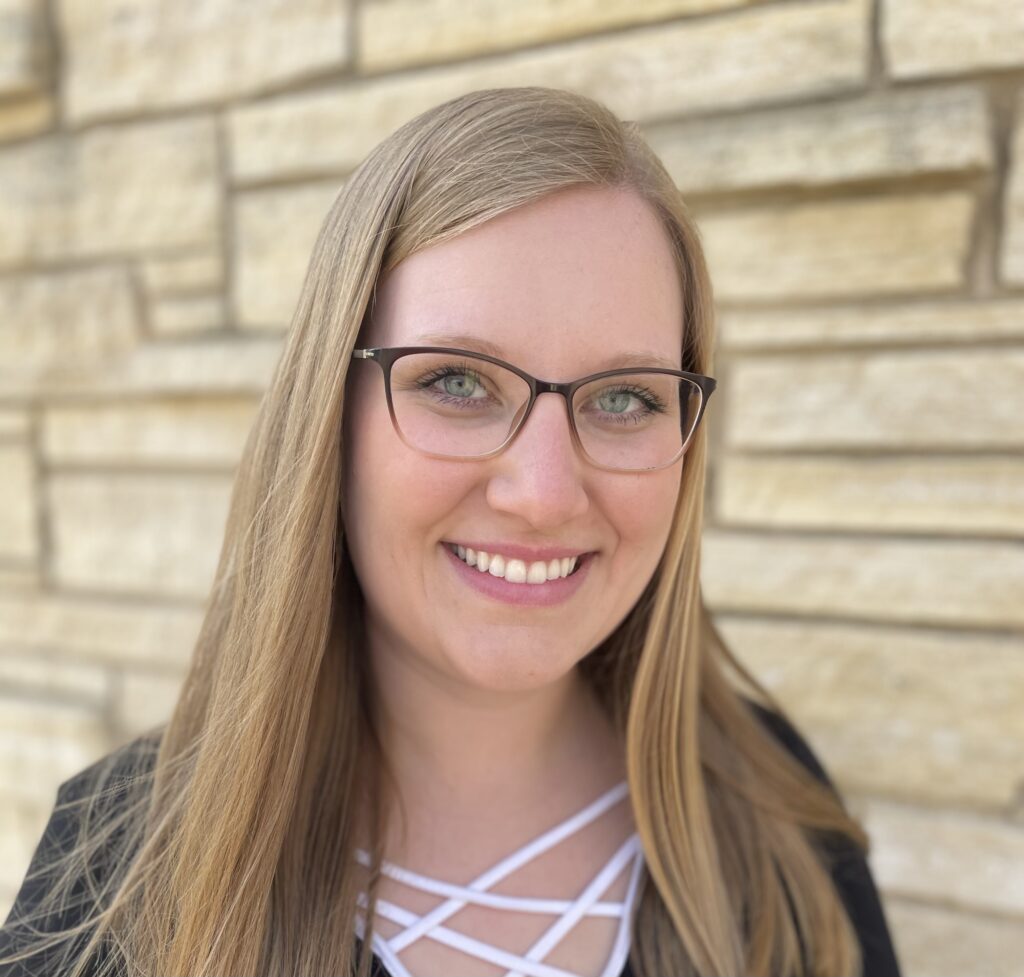
This #PharmToExamTable post exploring the evidence for a reduced duration of treatment for certain bloodstream infections was authored by Shawna Stricker, PharmD (left) and Austin Dockins, PharmD (right). Shawna is a PGY1 pharmacy resident at Nebraska Medicine who will be continuing her training here next year as a PGY2 oncology pharmacy resident. Austin is also a current PGY1 pharmacy resident at Nebraska Medicine who will be continuing his training here next year as a PGY2 critical care pharmacy resident.
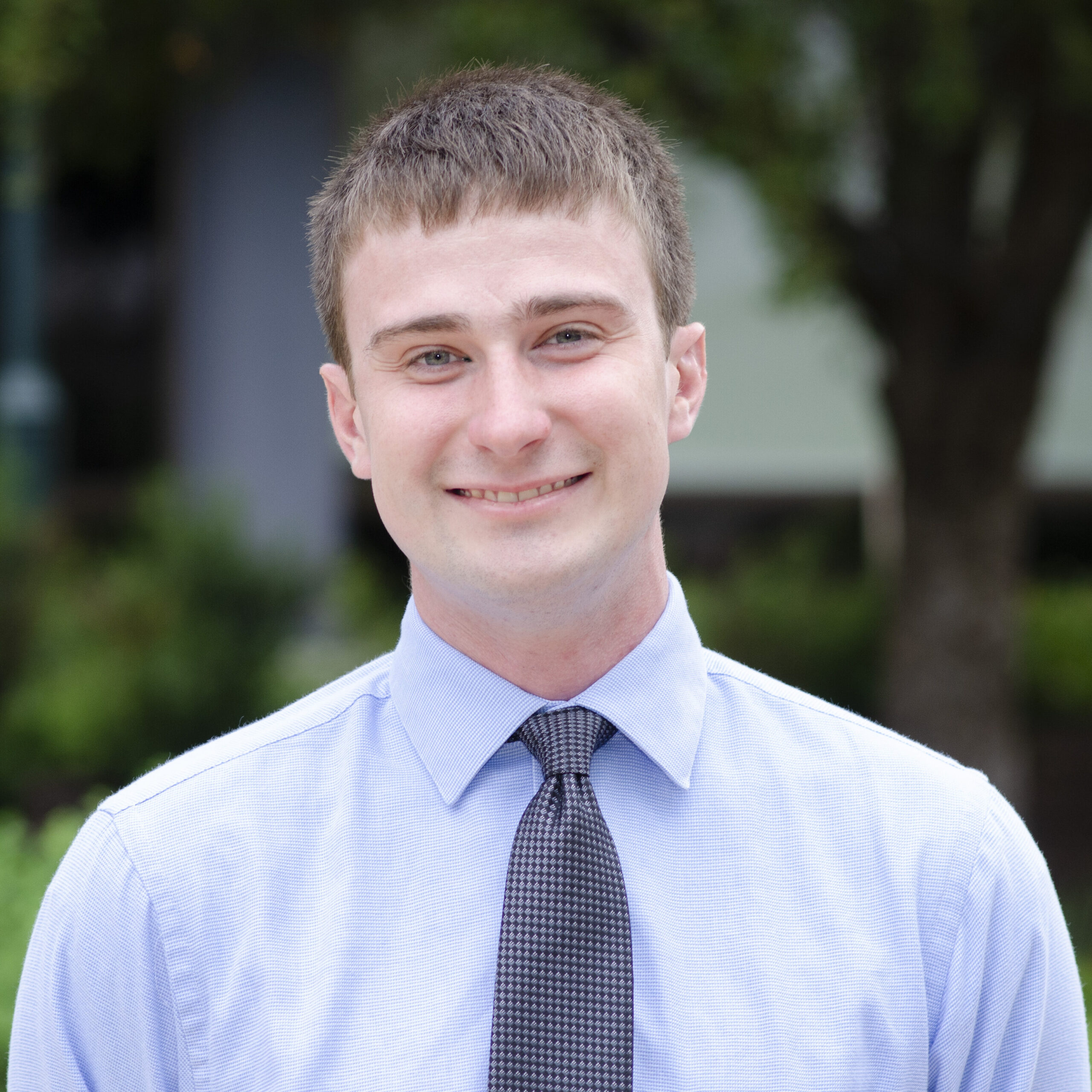
In an era of growing antimicrobial resistance, prolonged antibiotic courses have been reconsidered to determine if shorter treatment durations are just as clinically effective. Shorter treatment durations can lead to fewer drug-related adverse events, shorter hospital length of stay (LOS), and lower risk of antimicrobial resistance. In the case of uncomplicated gram-negative bacteremia, 14 days of therapy has been historically recommended due to lack of data, as until recently, patients with bacteremia had been excluded from many studies on duration of therapy. Over the past few years, more research has been conducted to determine if a shorter course of antibiotics leads to non-inferior outcomes when treating bloodstream infections (BSIs) caused by gram-negative bacteria.1
What is the evidence supporting shorter durations of therapy?
In a non-inferiority randomized controlled trial by Yahav and colleagues, 604 patients were randomized to 7 or 14 days of antibiotic therapy for uncomplicated, monomicrobial gram-negative BSI. Adult patients were enrolled if hemodynamically stable and afebrile for ≥48 hours. Patients with urinary, intra-abdominal, respiratory, catheter-associated, skin/soft tissue, and unknown sources of infection were included, and source control was required for enrollment. Patients who were neutropenic at the time of randomization, had HIV or a recent stem cell transplant (within 30 days) were excluded from the study. The most common pathogens isolated were Enterobacterales species, though Pseudomonas was the causative pathogen in about 8% of cases. The primary outcome was a composite of 90-day mortality and numerous outcomes associated with clinical failure, including relapse, readmissions, extended LOS, and suppurative complications. There was no difference between the groups for this outcome. The 7-day treatment duration was associated with a reduction in antibiotic days within 90 days and reduced time to functional recovery.2
The SHORTEN trial, another randomized control trial, evaluated the outcomes of 248 patients with Enterobacterales BSI with appropriate source control randomized to receive 7-day or 14-day antibiotic treatment courses.3 Adult patients were enrolled if they had negative follow-up blood cultures and were afebrile for at least 72 hours. Patients receiving chemotherapy with neutropenia expected to last >7days were excluded. The most common organisms isolated were E. coli (62.5%), K. pneumoniae (15.7%), and Enterobacter species (10.5%), and sources of infection included urinary, intra-abdominal, vascular, respiratory, and unknown. There were no significant differences in relapse, mortality, or adverse events between groups, and a desirability of outcome ranking and response adjusted for duration of antibiotic risk (DOOR/RADAR) analysis showed an approximately 78% chance that a 7-day course of therapy would lead to better outcomes compared to a 14-day course.3
How common is adoption of shorter durations in practice?
In 2020, a survey was conducted across 28 countries to determine the adoption of shorter durations of antibiotic therapy for gram-negative BSI. The survey discussed five primary scenarios with pneumonia, vascular catheter infection, urinary tract infection (UTI), intra-abdominal infection and skin/soft tissue infection sources of gram-negative BSI. The survey was completed by 277 participants with 64% of respondents being ID physicians and 31% being ID pharmacists. Overall, the median preferred duration of therapy was 7 days (IQR, 7-10 days); however, the percentage of providers that reported treating gram-negative BSI for ≤7 days was different for different sources of infection. For example, 52% reported treating ≤7 days for intraabdominal sources versus 65% for bacteremic UTIs. This survey found that only approximately half of practitioners report completely adopting the practice of using 7-day durations for gram-negative BSI despite clinical trials suggesting shorter durations are non-inferior to longer therapy durations, though acceptance of shorter durations of therapy is growing.4
Discussion on immunocompromised patients
There are still limited data regarding treatment duration of bacteremia in immunocompromised individuals, as often these patients are excluded from research studies or only included in small numbers. An individual participant data meta-analysis performed by Turjeman et al. included 181 immunocompromised patients from the 2 randomized controlled trials discussed above. Patients treated with immunosuppressive drugs, on active chemotherapy, and having a history of solid organ transplantation and stem cell transplantation were included, though patients with HIV infection with CD4 count ≤500 and patients with neutropenia were excluded. Any administration of antibiotics whether it was oral or IV was included in the analysis. The results of this meta-analysis demonstrated non-inferiority of 7 versus 14 days of antibiotic therapy for hemodynamically stable patients, regardless of immune status, and there was no significant difference shown in terms of 90-day mortality, 30-day mortality, hospital readmission rates and relapse of bacteremia in the immunocompromised patients that received 7 days of therapy versus 14 total days of therapy.5Hopefully, with ongoing research, even more evidence for short-course antimicrobial therapy in immunocompromised patients will be available through randomized controlled trials.6
Discussion on critically ill patients
Critically ill patients are another population that may require special attention when selecting antibiotic duration. Patel et al. conducted a retrospective cohort study evaluating short duration (≤7 days, median 5.5 days) versus extended duration (>7 days, median 15 days) of antibiotic therapy for BSI from intra-abdominal source with appropriate source control in 42 surgical intensive care patients.7 Though only a small number of patients had gram-negative BSI (13/42, 31%), there were overall similar rates of recurrence between the short treatment group and the extended treatment group (1/12 (8.3%) vs 4/30 (13.3%), p=0.5), and a numerical increase in risk of secondary fungal infections in the extended therapy group was noted (0% vs 4%, p=0.3).7 While this study is retrospective and includes only a small sample size, the results can be used as guidance to suggest shortening antibiotic duration in critically ill patients pending further clinical data. The Bacteremia Antibiotic Length Actually Needed for Clinical Effectiveness (BALANCE) study, which is expected to conclude later this year, is anticipated to include >3600 patients and will evaluate the non-inferiority of a 7-day treatment regimen versus a 14-day regimen for bacteremia in hospitalized patients, including critically ill patients.8 This international, multicenter randomized trial could potentially provide the largest amount of evidence in support of a 7-day treatment course for bacteremia to date.
Conclusion
New studies consistently demonstrate the non-inferiority of 7-day treatment courses compared to traditional 14-day courses in patients with gram-negative BSI with effective source control and early clinical improvement. This reduction in the duration of therapy has been shown to produce similar clinical outcomes and can lead to a reduction in medication-related adverse events, hospital LOS, superinfections, and antibiotic resistance. With this continual growth of evidence, 7-day antibiotic treatment courses for gram-negative bacteremia should be considered whenever possible.
References:
- Le Fevre L, Timsit JF. Duration of antimicrobial therapy for Gram-negative infections. Curr Opin Infect Dis. 2020;33(6):511-516. doi:10.1097/QCO.0000000000000689
- Yahav D, Franceschini E, Koppel F, et al. Seven Versus 14 Days of Antibiotic Therapy for Uncomplicated Gram-negative Bacteremia: A Noninferiority Randomized Controlled Trial. Clin Infect Dis. 2019;69(7):1091-1098. doi:10.1093/cid/ciy1054
- Molina J, Montero-Mateos E, Praena-Segovia J, et al. Seven-versus 14-day course of antibiotics for the treatment of bloodstream infections by Enterobacterales: a randomized, controlled trial. Clin Microbiol Infect. 2022;28(4):550-557. doi:10.1016/j.cmi.2021.09.001
- Thaden JT, Tamma PD, Pan Q, Doi Y, Daneman N. Survey of infectious diseases providers reveals variability in duration of antibiotic therapy for the treatment of Gram-negative bloodstream infections. JAC Antimicrob Resist. 2022;4(1):dlac005. Published 2022 Feb 9. doi:10.1093/jacamr/dlac005
- Turjeman A, von Dach E, Molina J, et al. Duration of antibiotic treatment for Gram-negative bacteremia – Systematic review and individual participant data (IPD) meta-analysis. EClinicalMedicine. 2022;55:101750. Published 2022 Dec 1. doi:10.1016/j.eclinm.2022.101750
- Imlay H, Laundy NC, Forrest GN, Slavin MA. Shorter antibiotic courses in the immunocompromised: the impossible dream? [published online ahead of print, 2022 Aug 19]. Clin Microbiol Infect. 2022;S1198-743X(22)00423-2. doi:10.1016/j.cmi.2022.08.007
- Patel K, Maguigan KL, Loftus TJ, Mohr AM, Shoulders BR. Optimal Antibiotic Duration for Bloodstream Infections Secondary to Intraabdominal Infection. J Surg Res. 2021;260:82-87. doi:10.1016/j.jss.2020.10.029
- Daneman N, Rishu AH, Pinto RL, et al. Bacteremia Antibiotic Length Actually Needed for Clinical Effectiveness (BALANCE) randomised clinical trial: study protocol. BMJ Open. 2020;10(5):e038300. Published 2020 May 11. doi:10.1136/bmjopen-2020-038300

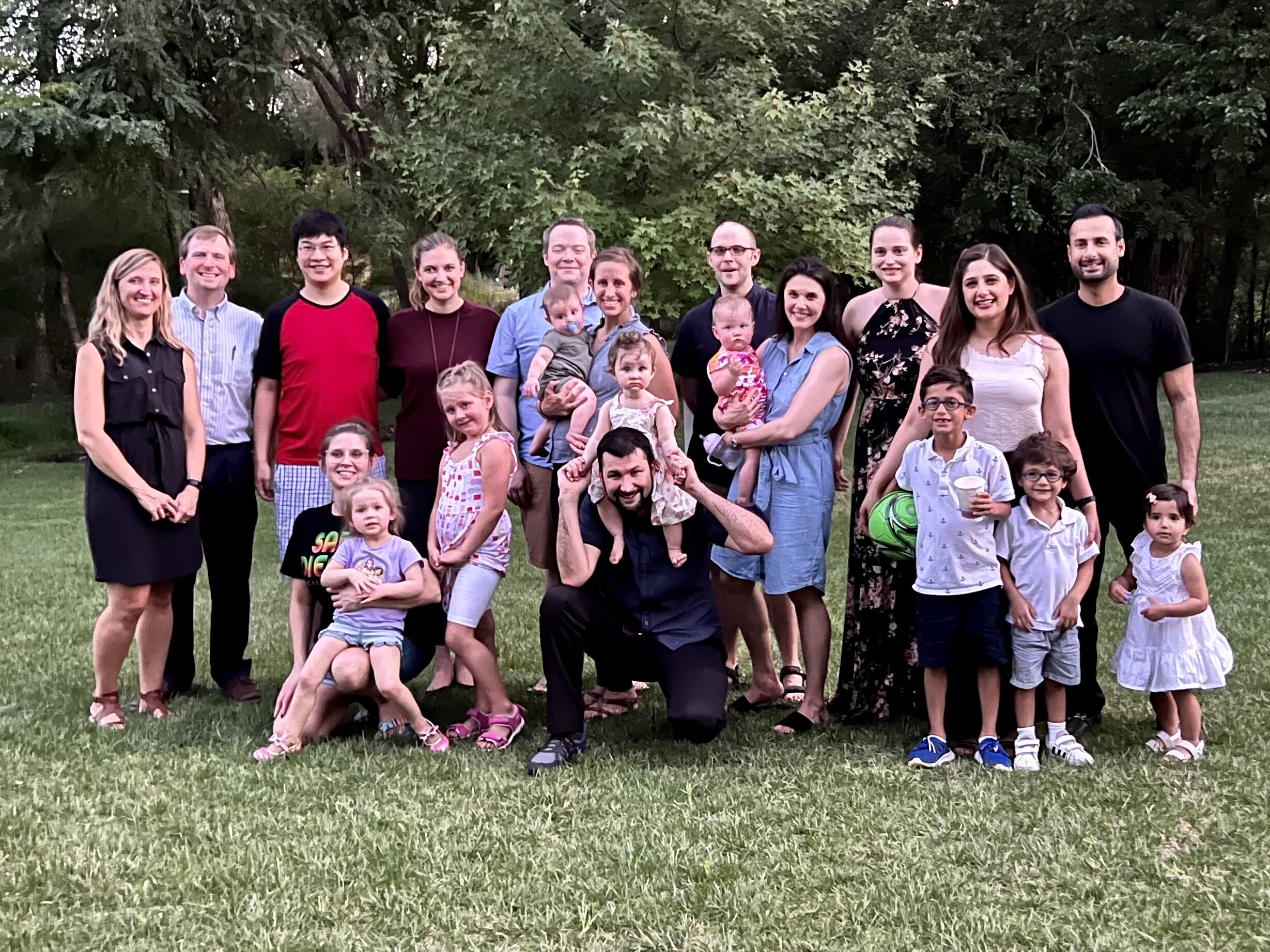
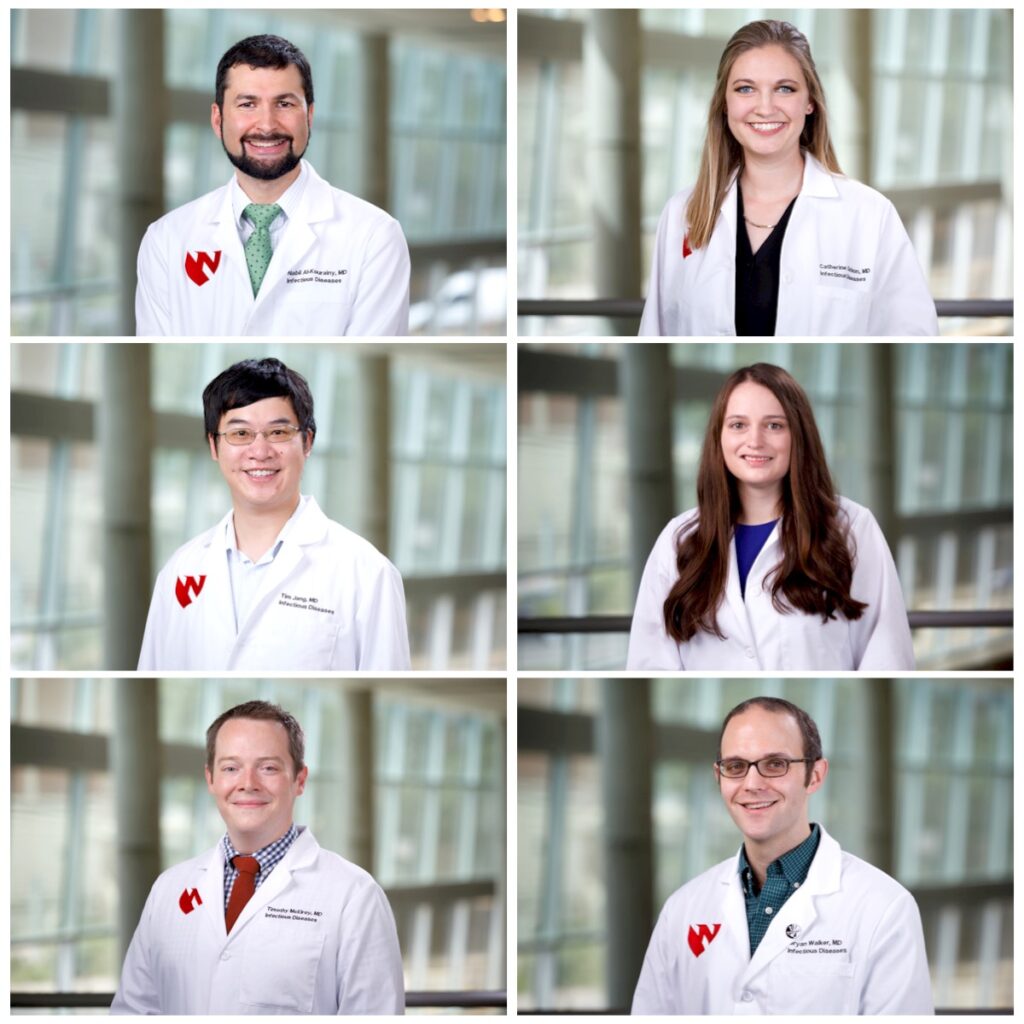

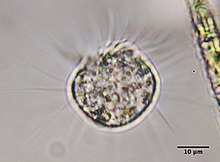

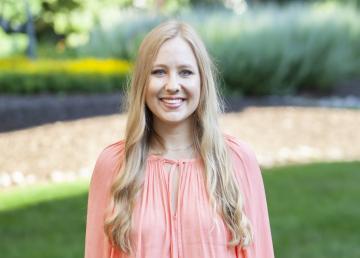
Recent Comments